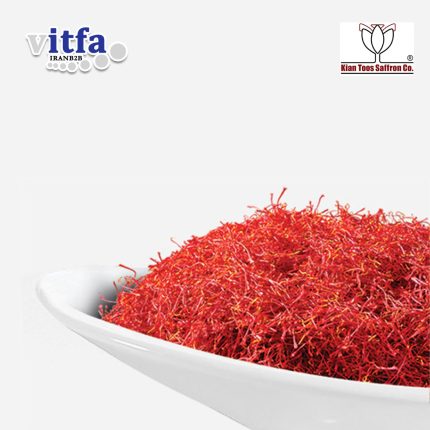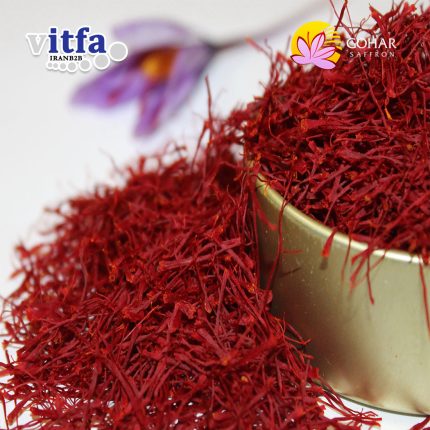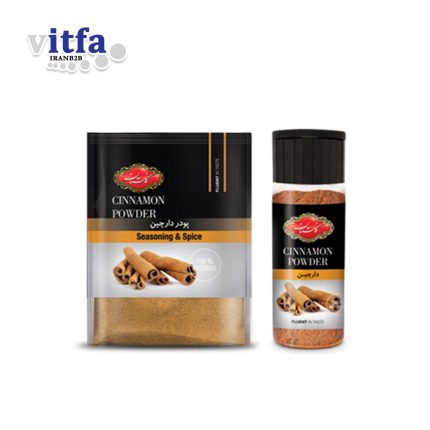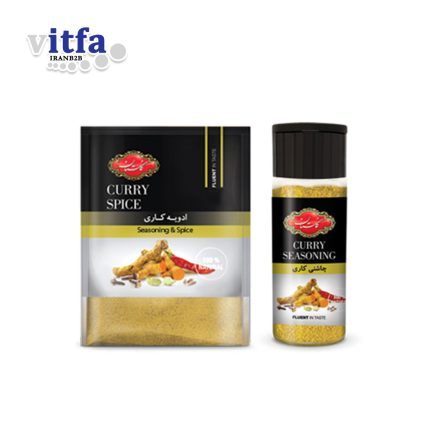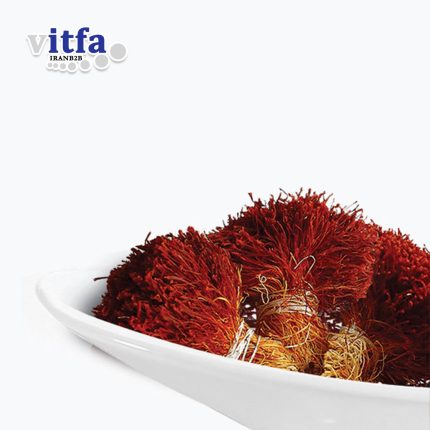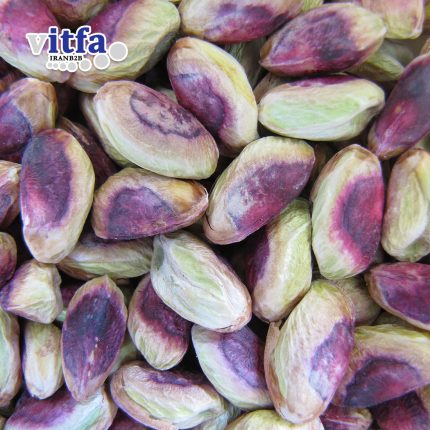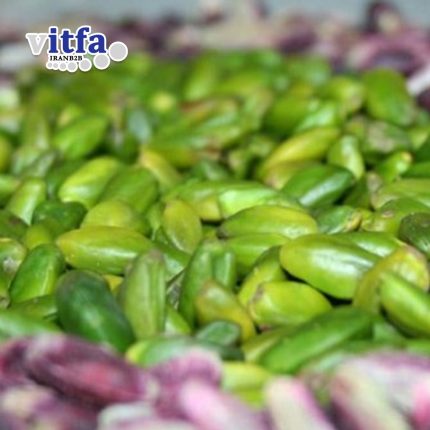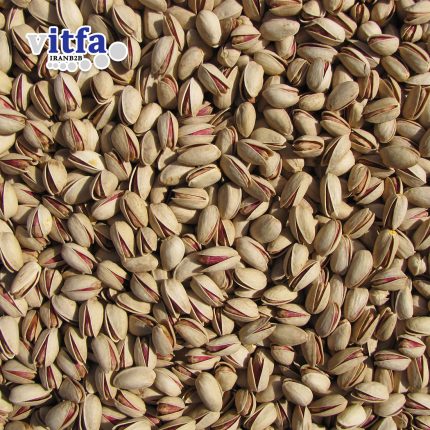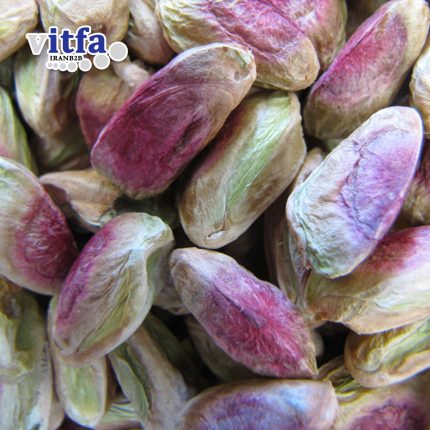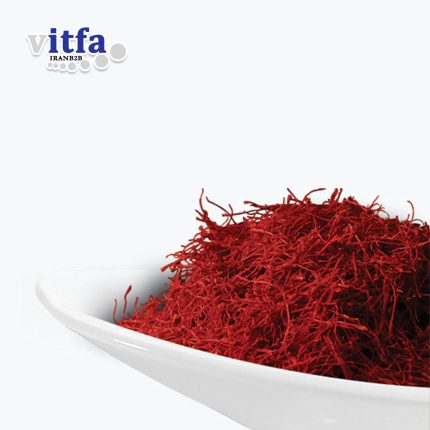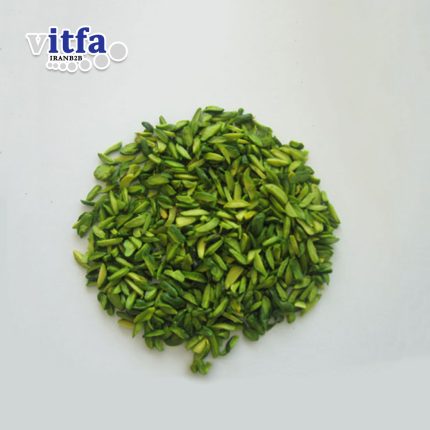Saharkhiz Sargol Saffron
For centuries, Iran is a leading pioneer in the production of the best saffron in the world. Saharkhiz Saffron is providing two kinds and grades of saffron: Sargol (all-red) and powdered
Saharkhiz Sargol Saffron: Applications and Specifications
Applications
- Culinary Uses:
- Ideal for enhancing dishes such as Persian rice, stews, and gourmet desserts with its rich color and distinct flavor.
- Frequently used in beverages like saffron-infused tea, syrups, and liqueurs.
- Medicinal Uses:
- Known for its antioxidant properties, it may support mental clarity and promote relaxation.
- Traditionally used in natural remedies for digestive health and inflammation.
- Cosmetics & Skincare:
- Incorporated in skincare products due to its ability to brighten the complexion and promote healthy skin.
- Cultural Significance:
- A symbol of wealth and purity in traditional ceremonies and rituals.
Specifications of Saharkhiz Sargol Saffron
- Appearance: Deep red, vibrant saffron threads with no yellow or white parts (100% red stigma).
- Aroma: Fragrant, floral, and earthy with a natural warmth.
- Flavor: Bold and rich, with a sweet and slightly bitter aftertaste.
- Color Strength (Crocus Level): High color strength, yielding a golden-yellow hue when infused.
Saharkhiz Sargol Saffron Description
Saharkhiz Sargol Saffron is a top-tier grade of saffron, carefully harvested and selected to ensure maximum purity and quality. It is entirely composed of red stigmas, offering a potent saffron experience in both culinary and medicinal applications. This saffron is prized for its vibrant color, strong aroma, and robust flavor, making it a popular choice for premium recipes and luxurious products.
Key Considerations for Use
- Keep in an airtight container in a cool, dry place to maintain its freshness and potency.
- Use sparingly, as a small amount delivers intense color, flavor, and aroma.
- For best results, soak the threads in warm water before incorporating into your dishes.
Comparison with Other Saffron Grades
| Feature | Saharkhiz Sargol | Kian Toos Sargol | Negin Saffron |
|---|---|---|---|
| Thread Composition | 100% red (stigma only) | 100% red (stigma only) | Longer, fuller threads |
| Color Strength | High | High | Very High |
| Appearance | Deep red, uniform threads | Bright red, uniform threads | Premium vivid red |
| Uses | Gourmet cooking, medicinal, cultural | Gourmet cooking, luxury dishes | Premium culinary and cultural use |
Conclusion
Saharkhiz Sargol Saffron offers exceptional quality with its high color strength, intense aroma, and robust flavor. It is ideal for use in premium culinary creations, wellness products, and cultural traditions, providing a luxurious touch to any application.
| Dried saffron Nutritional value per 1 tbsp (2.1 g) Energy |
27 kJ (6.5 kcal) |
|---|---|
| Carbohydrates |
1.37 g |
| Fat |
0.12 g |
| Calcium |
2 mg |
| Vitamin A |
11 IU |


MAECENAS IACULIS
Vestibulum curae torquent diam diam commodo parturient penatibus nunc dui adipiscing convallis bulum parturient suspendisse parturient a.Parturient in parturient scelerisque nibh lectus quam a natoque adipiscing a vestibulum hendrerit et pharetra fames nunc natoque dui.
ADIPISCING CONVALLIS BULUM
- Vestibulum penatibus nunc dui adipiscing convallis bulum parturient suspendisse.
- Abitur parturient praesent lectus quam a natoque adipiscing a vestibulum hendre.
- Diam parturient dictumst parturient scelerisque nibh lectus.
Scelerisque adipiscing bibendum sem vestibulum et in a a a purus lectus faucibus lobortis tincidunt purus lectus nisl class eros.Condimentum a et ullamcorper dictumst mus et tristique elementum nam inceptos hac parturient scelerisque vestibulum amet elit ut volutpat.
General Inquiries
There are no inquiries yet.



